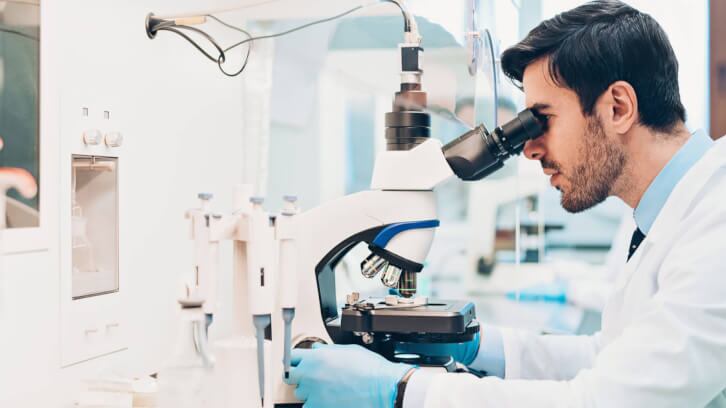The 'American Chemistry Society' published research, funded by Mitsubishi Gas Chemical Co., found that MGCPQQ-treated viral loads were less infectious than cell loads that were not treated.
“MGC has published dozens of existing studies on the ingredient’s many benefits, including mitochondrial health and cognitive function,” explained Atsushi Sugimoto, assistant manager for the firm.
“Although mitochondrial health is known to be closely linked to the immune system, this study is the first to evaluate the direct effects of MGCPQQ on viruses, adding to the body of knowledge about MGCPQQ's potential antiviral properties,” he told NutraIngredients.
“This in vitro study specifically investigates MGCPQQ's effects on a coronavirus (Feline Infectious Peritonitis Virus), building on previous research on other viruses but focusing on a relevant family.
“Our study presents MGCPQQ as a potential novel ingredient for immune health supplements targeting coronaviruses and potentially other viral infections. While promising, this is an in-vitro study, and more research is needed before definitive claims can be made about its effectiveness in humans,” Atsushi noted.
Anti-viral bioactives
Following the COVID-19 pandemic, the demand for effective alternatives for the prevention and treatment of viral infections has vastly grown, as cases continue to persist. Over recent years, the investigation of food ingredients containing bioactives have gained particular attention for their potential to reduce symptoms and prevent cases through enhancing immunity.
PQQ is a bioactive compound found within plants such as kiwi, parsley, and green peppers, as well as human breast milk, which has been associated with an array of health benefits due to its powerful antioxidant and anti-inflammatory activities. It has since been commercialised as a food supplement, yet interest has grown in its potential to protect against inflammation caused coronavirus infections.
There has still been limited research into PQQs role for COVID-19. Thus, the researchers conducted the present study to understand the antiviral activities of PQQ, and the association between its chemical structure and the underlying mechanisms in vitro.
PQQ for Feline Infectious Peritonitis Virus
Feline Infectious Peritonitis Virus (a virus belonging to the coronavirus family) was treated with PQQ in vitro. For the study, the researchers used a natural source of PQQ, which was developed by Mitsubishi Gas Chemical Co., Inc. (MGC) in Japan under the brand name MGCPQQ.
In plaque reduction assays, it was found that the viral loads treated with PQQ were less infectious when compared to loads that were not treated with the ingredient.
Transmission Electron Microscopy (TEM) further revealed that PQQ damaged viral capsids and aggregated viral particles, which resulted in inhibited viral attachment and subsequent host cell entry.
The researchers observed that the anti-viral activities exhibited by PQQ were further optimised by the addition of ascorbic acid and glutamic acid, which increased its number of redox cycles.
“Our results demonstrate the antiviral effect of PQQ on coronavirus, mainly by disrupting virion stability and loss of infectivity (occurring outside the host cell), due to increased redox activity,” the report concluded.
“We’re encouraged by the research’s early findings showing PQQ can help protect cells against coronaviruses, particularly when used to treat infections in the early stages,” said Sugimoto. “While more testing is needed, the results from this in-vitro study clearly suggest that PQQ has a strong antiviral effect and could one day help serve as a new option for managing symptoms caused by the coronavirus disease,” he added.
Source: American Chemistry Society
Doi: https://doi.org/10.1021/acsomega.3c06040
“Antiviral Effects of Pyrroloquinoline Quinone through Redox Catalysis To Prevent Coronavirus Infection”
Nur Syafiqah Mohamad Ishak et. Al

